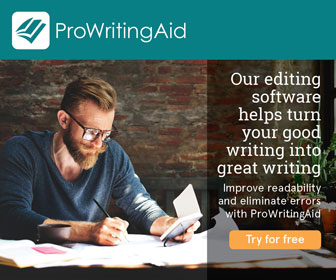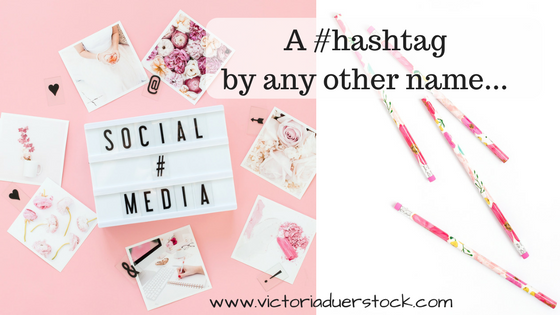1. Declutter
While we declutter the rest of our homes, inboxes, and paper clutter, don’t forget to add your social media profiles to the mix. When we are actively working to grow these accounts we follow a variety of people. Following certain techniques to gain followers and get traction in the marketplace means following a lot of people who either don’t follow back, or who become inactive over time or are actually bot accounts.
2. Research
Now’s a great time to research what topics are trending, which hashtags are getting to audiences and which accounts you want to be like. Create lists that can be copied and pasted, find a social media calendar that recommends special holidays and plan out content based on your research.
3. Schedule
If I’ve said it once I’ve said it a thousand times – no really. If you want to see real growth on your accounts – Twitter, Facebook, Instagram, Pinterest and more – you need to post regularly and consistently. A scheduling app makes this possible without being a slave to the schedule. Figure out if you will post daily, just Monday to Friday, only on the weekends, or some other duplicatable routine. Use Buffer, Hootsuite or Facebook Creator Studio (which also helps with Instagram posts). Once you make a plan and execute you are going to wonder why you waited so long to plan ahead!
Like this post? Victoria enjoys teaching social media online courses, at conferences and coaching clients in one on one settings! Check out the additional resources!
One on One Coaching
Packages include:
Zoom calls to assess growth, review project goals, ask questions, and brainstorm development. Each call recorded and shared in personal dropbox folder. Calls last one hour and can be used weekly or bi-weekly.
All tools to be successful including classes, blog posts, webinars, charts, trackers etc to complete each phase of growth.
Free Access to Social Media Squad for further instruction, communication, and professionals in the trenches with you.
Members of the Squad also have opportunities for affiliate earnings of 30% for each person who purchases any of Victoria’s services from their link.
Coaching topics include:
Social Media platforms including Twitter, Instagram and more
Leveraging other tools besides websites and blogs for authors including LinkedIn, and Medium
Creating content using Canva
Creating lead magnets/opt-ins for your mailing list
Scheduling and Time Management
Business planning for the homeschooler, young adult and even stay at home mom.
PLATINUM PACKAGE: 35% savings versus a la carte pricing
Package rate - $2730 for 24 one hour calls
DIAMOND PACKAGE: 30% savings versus a la carte
Package rate - $1470 for 12 one hour calls
GOLD PACKAGE: 20% savings versus a la carte
Package rate - $840 for 6 one hour calls
SILVER PACKAGE: 15% savings versus a la carte
Package rate - $297 for 2 one hour calls
A la Carte:
· Calls purchased as a single product for a one time review. Each call recorded and shared.
Rate: $175 per hour




